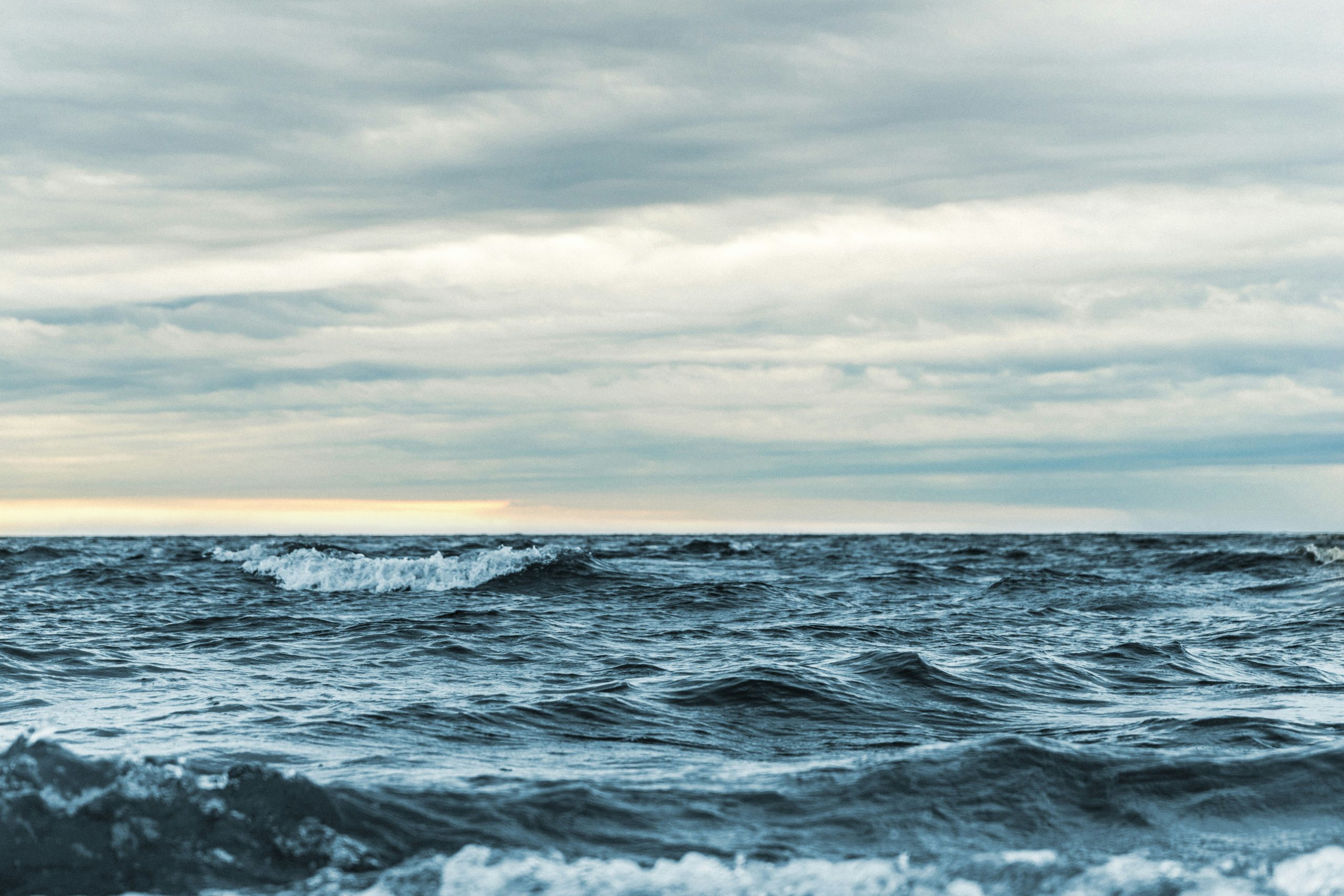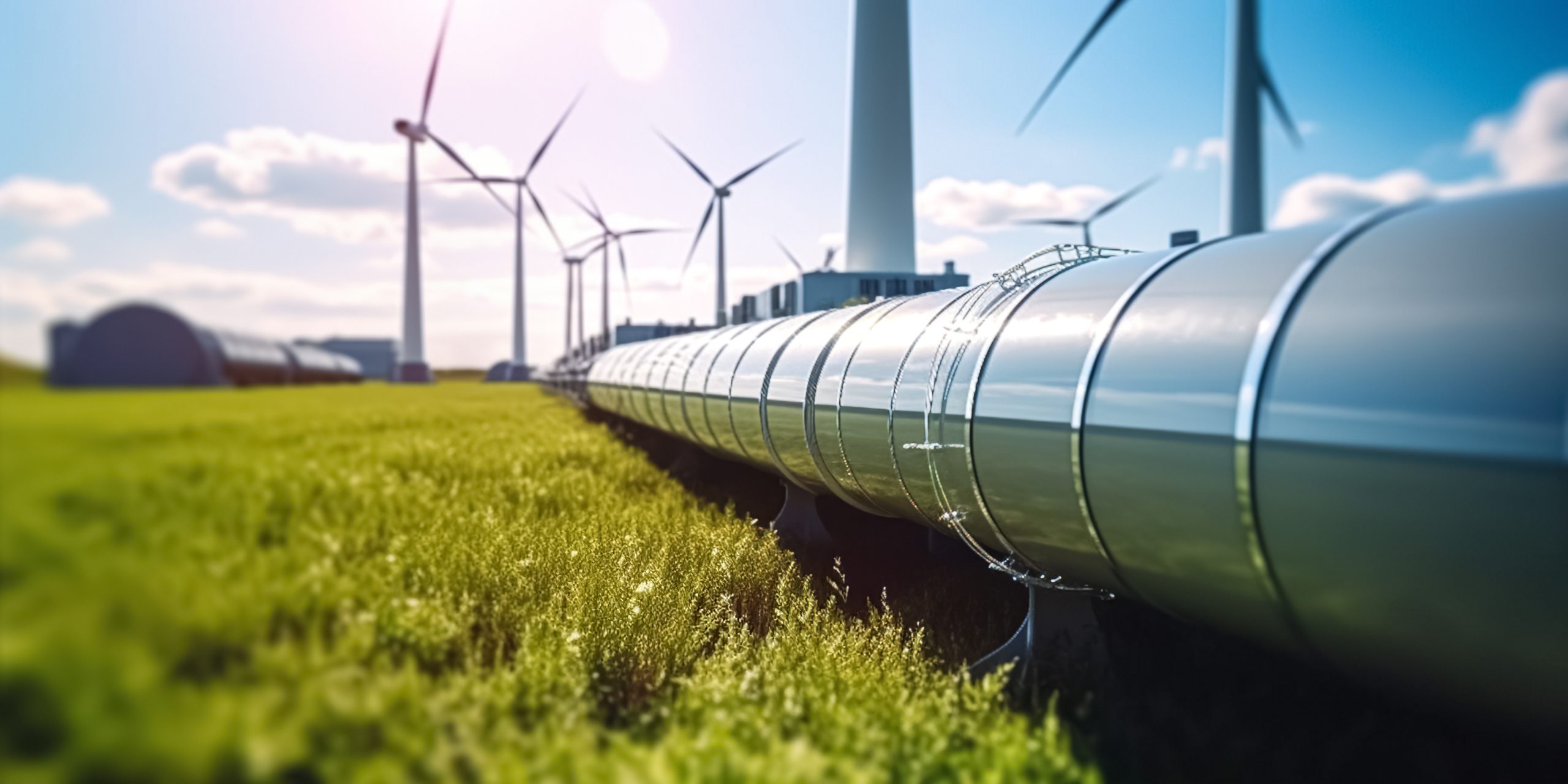Countries Surrounding the Baltic Sea Optimistic for the Future

As of 17 June 2024, A Memorandum of Understanding aiming to ‘accelerate the development of hydrogen infrastructure’ has been signed by nine major gas transmission system operators (TSOs) around the Baltic Sea.
The MoU aims not only to coordinate and facilitate hydrogen infrastructure, but also to foster hydrogen market development in the Baltic Sea region. The parties of the MoU are Finnish Gasgrid Vetyverkot, Lithuanian Amber Grid, Swedish Nordion Energi, Polish GAZ-SYSTEM, Estonian Ele ring, Danish Energinet, German GASCADE Gastransport, Latvian Conexus Baltic Grid and German ONTRAS Gastransport.
Ideally, this cooperation in the Baltic Sea region will benefit each country individually as well as contribute to Europe’s zero-emission target. To support positive hydrogen development the companies will work together towards the development of infrastructure projects for the transmission and storage of hydrogen in the region.
The group will share information about developments in the hydrogen market and projects related to renewable hydrogen production and demand
The companies will work parallel with the EU’s Baltic Energy Market Interconnection Plan (BEMIP) group.
“We are very pleased that the TSOs in the Baltic Sea are now in close cooperation for building a European hydrogen economy and sustainable future. The State of Finland has mandated Gasgrid to construct the national cross-border hydrogen transmission network. In close cooperation in the Baltic Sea region, we continue to implement this task which has been addressed to us.”
“In April, we received EU’s PCI (Project of Common Interest) status for our international hydrogen projects. Close cooperation in developing the Baltic Sea region’s hydrogen economy is a natural continuation of the promotion of these projects. The EU’s hydrogen and decarbonized gas market package also requires cross-border cooperation and joint planning of electricity, gas and hydrogen infrastructures.” Added Sara Kärki, the Senior Vice President of Hydrogen Development at Gasgrid.
Finnish operators Gasgrid are particularly proactive within the hydrogen industry, posting online some promising information on why the Baltic Sea region has such excellent conditions for clean hydrogen production.
According to Gasgrid, The Baltic Sea region has renewable energy resources and thus the potential to supply up to 45% of the clean hydrogen production outlined in the REPowerEU plan by 2030. As well as this, The Baltic Sea region holds a substantial potential for onshore and offshore wind, which could be used for hydrogen production and to create a clean hydrogen market shortly.
Therefore, infrastructure and industrial companies operating in the Baltic Sea region are now developing new hydrogen pipeline infrastructure to unlock the potential of hydrogen production. In addition, the target is to deliver hydrogen from supply-rich regions to demand centres.
Excitement, encouragement and good hope for the future were common among the statements made by the 9 operators
“We are pleased that transmission system operators in the Baltic Sea will now work more closely to build a European hydrogen economy and a sustainable future. The integration of alternative resources into the energy sector is a key agenda item for the entire region and for each country individually. Therefore, we will continue to work on this transformation process in all possible ways,” informed Uldis Bariss, Chairman of the Board of Latvian company Conexus.
“We are pleased to be part of this important and necessary cooperation between transmission system operators in the Baltic Sea region. The hydrogen infrastructure in and around the Baltic Sea must be planned and built in an integrated manner. This is the only way to leverage the hydrogen potential on our doorstep – both onshore and offshore”, commented German GASCADE Managing Director Ulrich Benterbusch.
This MoU which warrants the coordinated development of hydrogen infrastructure in the Baltic Sea region is extremely important in the simultaneous development of a flexible, safe, resilient, sustainable, and integrated pan-European energy system. The planned hydrogen infrastructures contributing to the achievement of EU and regional targets, is planned to cover Finland, Sweden, the Baltic states, Poland, and Germany by 2030.
Byline by Sonny Riddell

